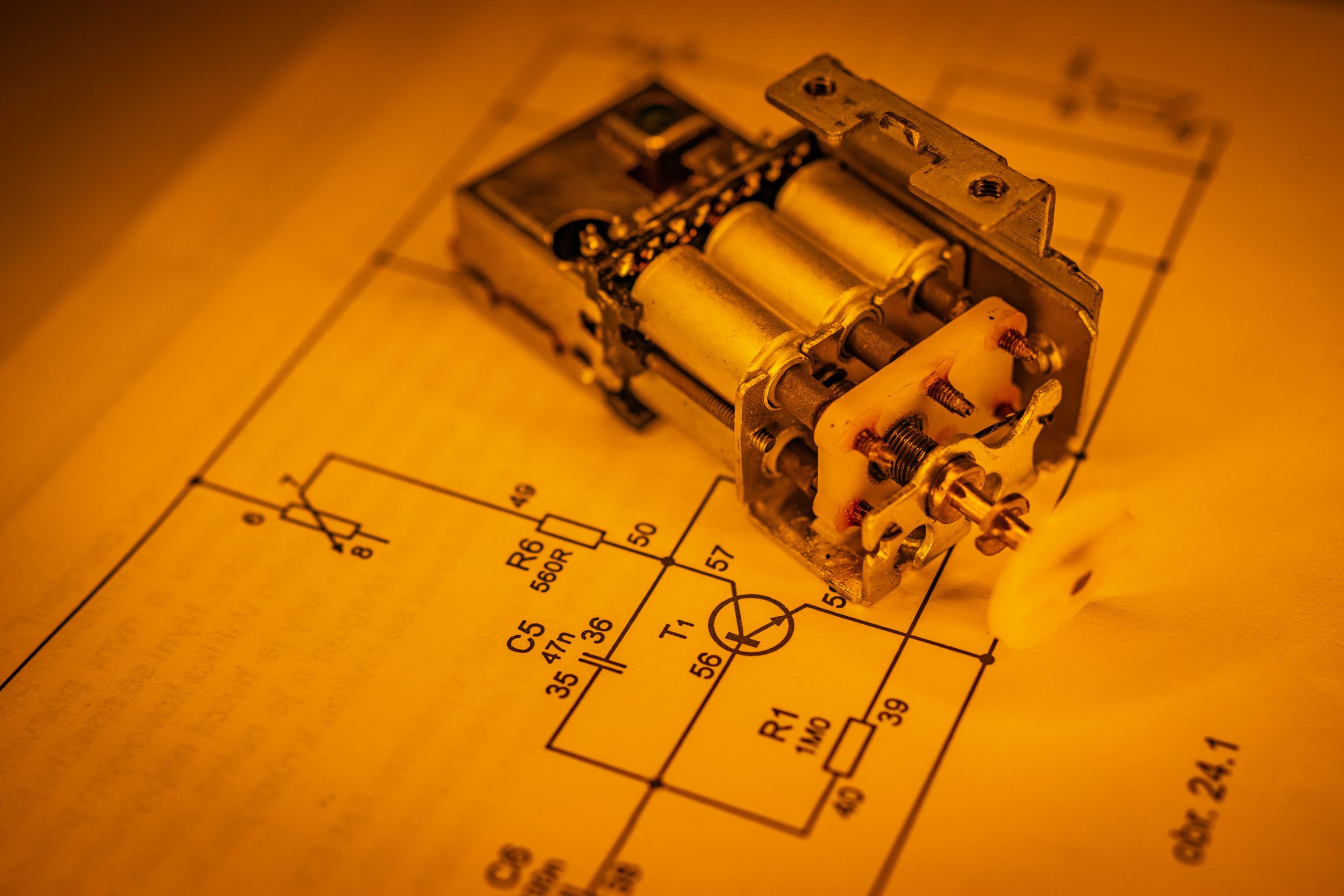Can you tell a byte from a bit or explain the difference between cement and concrete—in another language? By definition, technical translation involves translating documents produced in highly specialized fields, specifically science and technology. Below, we cover why subject matter expertise is so important for a technical translation service.
Specialized vocabulary and linguistic structures
Imagine reading through every single page of the installation manual for your new laptop or mobile phone, and you can likely imagine why technical translation is so challenging. Technical documents contain significant amounts of jargon—that is, field-specific vocabulary—and other unique linguistic features that require a deep knowledge of the subject to translate accurately. For example, would a layman be able to grasp the differences between a “path” and a “route” in computer programming?
Also, science and technology are constantly evolving. How do you translate a completely new, groundbreaking process or product if one-to-one translations for its components don’t exist yet? Translators who are also subject matter experts (SMEs) are best placed to understand and convey necessary context, drawing on their extensive knowledge of the field to select the phrases that will most efficiently guide readers.
Subject-specific style and formatting
Some of the most common documents handled by a technical translation service include specifications documents, product and operating manuals, safety sheets, technical guides, and more, all of which have their own formatting and style conventions. When writing user manuals, for instance, one convention is to use the imperative mood for verbs, instructing the reader to take certain steps. Many areas of technical writing also prefer the use of the passive voice to the active voice. Such conventions add a layer of complexity when translating into languages that may not have the same grammar and syntax.
It becomes the subject matter expert’s job to recalibrate their translation for the target language while adhering to appropriate style guidelines. Furthermore, a technical translator often encounters specialized software and formats, such as AutoCAD drawings or markups in various coding languages. If the translator lacks familiarity with the software and filetype, their translation is more likely to have formatting errors that can range from visually awkward to considerably damaging.
Compliance
Finally, subject matter expertise is crucial for maintaining compliance with all legal and ethical requirements, both domestically and internationally. Any technical translation service routinely handles texts such as patents and patent applications, pharmaceutical documentation, and product labeling, as well as localization for regional markets. All of these must carefully comply with local and global rules set by agencies like the Food and Drug Administration, the World Health Organization, the Consumer Product Safety Commission, and various state boards or national ministries before they are approved for distribution.
A subject matter expert can also ensure that all translations are free of dangerous errors that could lead to lawsuits down the line. Since technical translations include safety data sheets, user manuals, warning labels, and similar documents intended to protect user safety, the keen eye of an expert is needed to avoid critical mistakes like writing the wrong metric (a 50-pound weight limit is very different from a 50-ounce one!) or mistranslating a key word. The importance of safety is also why you should work with human translators to either do the translation or review any improved machine translation steps that may be involved—just look at the recent case of Google’s AI Overviews, which suggested people use bleach and vinegar, a potentially lethal combination, to clean their washing machines.
Working with a professional technical translation service will put you in contact with verified and credentialed translators. Don’t be afraid to inquire about their subject matter expertise along with their linguistic qualifications—it can make the difference between an acceptable technical translation and an exceptional one.
Photo by Lukas Hron on Unsplash

